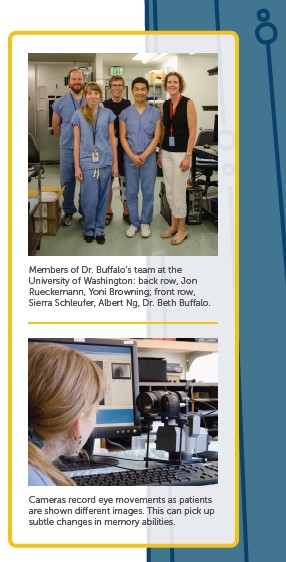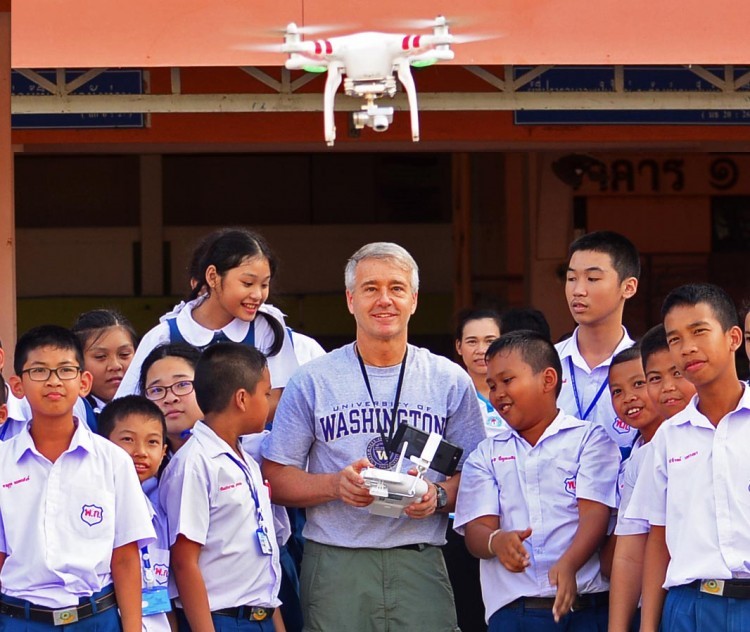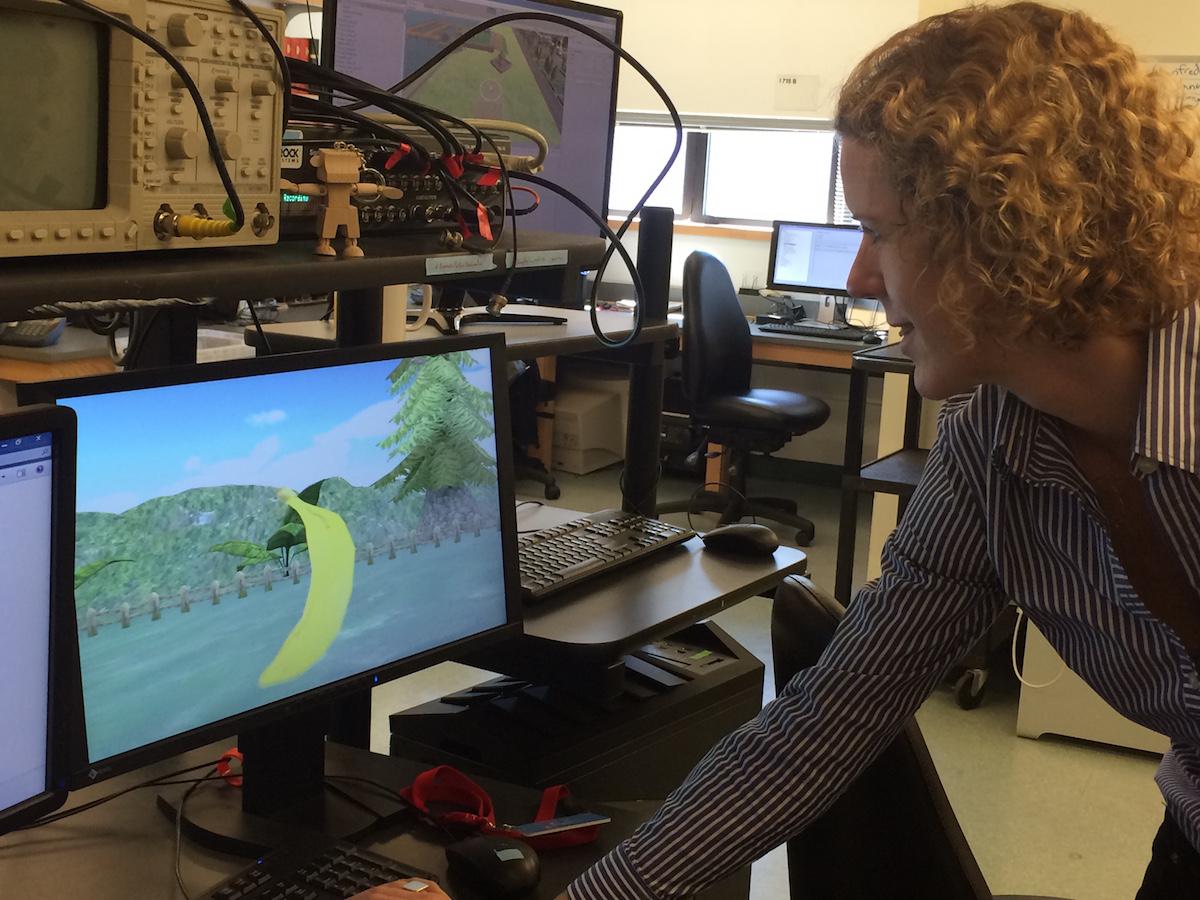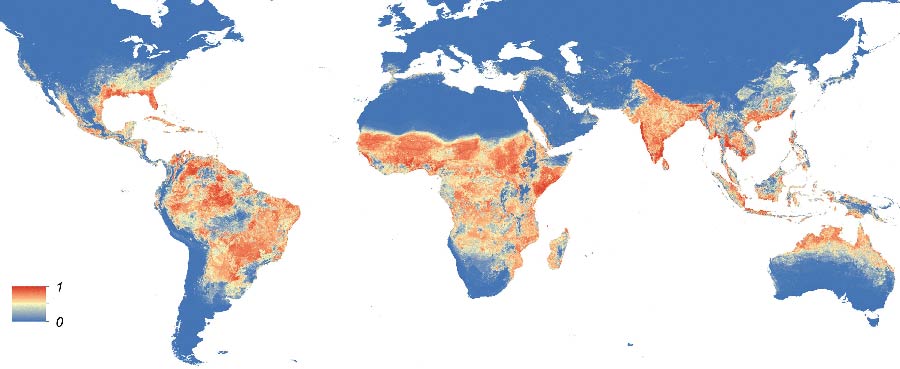Paper highlights the essential role nonhuman primates play in finding treatments for serious and life-altering conditions such as Alzheimer’s disease, cancer, Zika virus, HIV/AIDS and Parkinson’s disease
 WASHINGTON — The Foundation for Biomedical Research (FBR) announced today the release of the white paper, The Critical Role of Nonhuman Primates in Medical Research. The white paper is a collaboration between FBR and eight premier scientific groups. The white paper highlights the essential role NHPs historically have and continue to play in finding treatments for serious and life-altering conditions such as Alzheimer’s disease, cancer, Zika virus, HIV/AIDS and Parkinson’s disease.
WASHINGTON — The Foundation for Biomedical Research (FBR) announced today the release of the white paper, The Critical Role of Nonhuman Primates in Medical Research. The white paper is a collaboration between FBR and eight premier scientific groups. The white paper highlights the essential role NHPs historically have and continue to play in finding treatments for serious and life-altering conditions such as Alzheimer’s disease, cancer, Zika virus, HIV/AIDS and Parkinson’s disease.
Collaborative scientific groups include: the American Academy of Neurology, the American College of Neuropsychopharmacology, the American Physiological Society, the American Society for Microbiology, the American Transplant Foundation, the Endocrine Society, the Federation of American Societies for Experimental Biology and the Society for Neuroscience.
“95 percent of the lab animals in scientific and medical research are rats and mice. Just half of one percent of research is conducted with nonhuman primates. That’s a tiny number. But their impact on our health is enormous,” said FBR president Frankie Trull. “NHPs, mostly monkeys, are the link between smaller animals and people. Once a disease or drug is understood in smaller species – like rats, mice, birds, zebrafish and worms – it is often then studied in monkeys.”
“Monkeys have certain traits and characteristics that make them essential and irreplaceable in medical research. They’re the bridge to the clinic,” said Dr. Jeffrey Kordower, a neuroscientist who examines how diseases like Parkinson’s and Alzheimer’s affect the brain.
Nonhuman primates (NHPs) are so similar to people genetically (up to 98 percent) that they show, unlike any other animal, how diseases work in the human body.Monkeys are more predictive than smaller species as to how a disease acts or how a treatment will work in people. Primate research has led to medical devices, treatments, advancements and cures that have saved and improved millions of lives. Research with NHPs has contributed to the following discoveries: polio vaccine, insulin for diabetes, coronary bypass surgery, hip replacements, kidney dialysis and transplants, organ transplants, organ rejection medications, medications for psychiatric illnesses, blood transfusions, chemotherapy, hepatitis B vaccine, HIV/AIDS medications, child lung transplants for cystic fibrosis, anthrax treatments, Parkinson’s disease treatments, and prostrate cancer treatments. To learn more about how research with NHPs is contributing to lifesaving cures for people, please download the white paper, The Critical Role of Nonhuman Primates in Medical Research or visit fbresearch.org.
###
The Washington National Primate Research Center (WaNPRC) performs critical biomedical research leading to new advances in science and medicine. WaNPRC researchers are working to develop effective vaccines and therapies for HIV/AIDS and other infectious diseases as well as new advances in genetics, neuroscience, vision, and stem cell biology and therapy. The WaNPRC directly supports the National Institutes of Health’s mission to translate scientific advances into meaningful improvement in healthcare and medicine. Learn more at www.wanprc.org.








 According to the Centers for Disease Control and Prevention, the Zika virus is spread to people primarily through the bite of an infected Aedes mosquito. Common symptoms for adults is very similar to a flu virus, including: fever, rash, joint pain, and dry and itchy eyes. Zika virus can be passed from a pregnant woman to her fetus. Infection during pregnancy can cause Microcephaly and other severe brain injuries.
According to the Centers for Disease Control and Prevention, the Zika virus is spread to people primarily through the bite of an infected Aedes mosquito. Common symptoms for adults is very similar to a flu virus, including: fever, rash, joint pain, and dry and itchy eyes. Zika virus can be passed from a pregnant woman to her fetus. Infection during pregnancy can cause Microcephaly and other severe brain injuries.